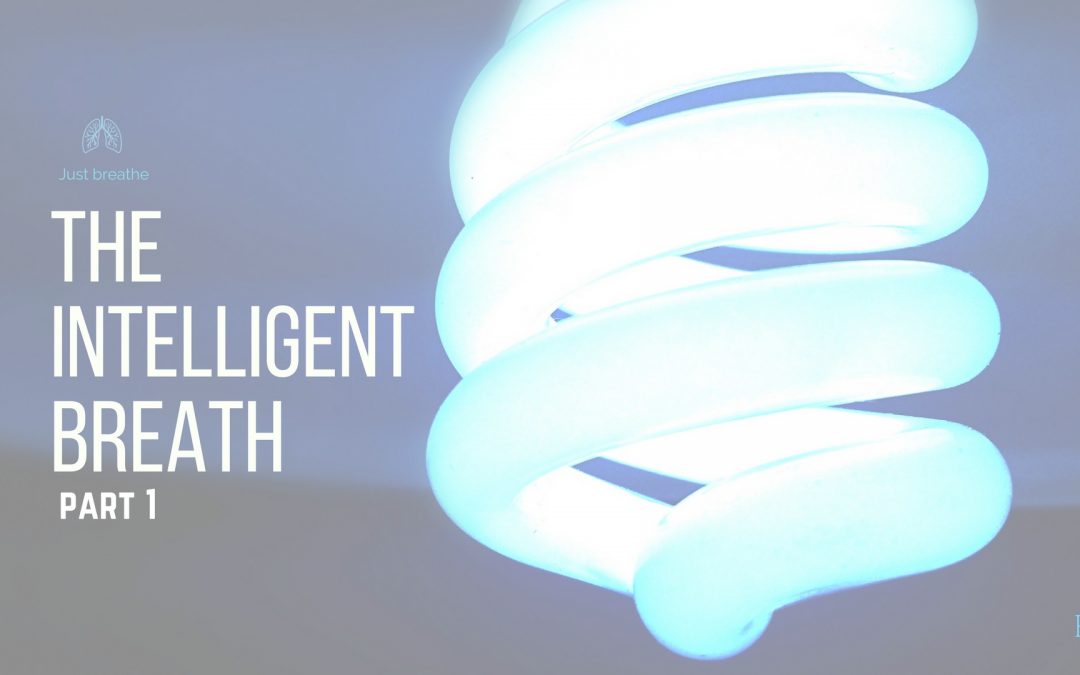The Intelligent Breath
The way you breathe tells you a lot about who you are, how you feel and even how you think
By Emily Rack – Chirnside Park Media Team
For most of us the feeling of stress and anxiety is just a part of every day life. We just accept we a stressed and do our best to moderate the effects it has on our wellbeing. We practice yoga, listen to self help books, drink decaffeinated tea and even shop online and for the hour or two we spend checking out of our reality, we experience some sort of peace and sanity.
But it does not exactly solve the problem. After that one hour spacetime we have to check back into the real world and in the real world most of us are anxious.
Happy and relaxed people are more creative
As human beings we all have the right to feel at ease and happy all of the time, we should not be striving for this quality of life, it should just be inherent and here’s why; happy and relaxed people think clearly, are more creative, share closer connections to loved ones, feel better about themselves, live longer and are healthier, while anxious people are more likely to feel isolated, tired, emotional and creatively blocked.
There are a range of reasons we can’t really relax, let go and feel free, for the sake of this article we are going to look at one very particular and often overlooked cycle of behaviour that could be, and may well be the initiator of our neurotic panicked filled existence and it is right under your nose. Your breath.

Don’t Panic
You see our breath is a very powerful indicator of how we feel and how we function and in fact it is said, ‘the quality of the breath determines the quality of the life’. So now that has been pointed out take a second, right now to see how you breathe.
Firstly check is your breath coming from;
a. your collar bone?
b. your chest?
c. your abdomen?
If you answered a, you probably are a pretty stressed out person. Breathing from the collar bone often means not a lot of air is getting into your body, your airway is tight because your muscles in the chest are too tight. This is a form of neurotic breathing and is an indicator of anxiety and stress.
If you answered b, you are not too much better off than a. Chest breathing is the most common breathing habit in the western world and is also a restricted form of breathing . Which means not a lot of oxygen is getting in either, your breath is shallow and your heart is working harder.
If you answered c, you are doing ok. Breathing from the belly is also called diaphragmatic breathing and it means you are experiencing a full breath. When the breath is long and deep the the chest and diaphragm will expand, the belly is relaxed and the metabolic exchanges in the cells are balanced which means fundamentally that you are in balance and so is your brain.
So if you are an, a or b, which most people are, there are some things you ought to know; your breathing habits are stimulating your central nervous system and controlling how you think and feel. The way you breathe actually regulates all the functions in the body and poor breathing means, well poor health.
Short shallow breathing increases the release of stimulants into the blood stream and activates a part of your CNS that keeps you agitated, alert and hyper aroused, which means you have trouble digesting food, connecting with people and you feel anxious.
Find balance by using your breath
The good news is by learning to breathe properly you can reset the body and the mind and begin to balance your imbalances, breathing deeply and fully activates the vagus nerve, which is possibly the most important nerve in the body. It starts in the cranium and weaves it way throughout nearly every major organ in your body and is part of your autonomic nervous system.
Stimulating this nerve increases the release of hormones and proteins into the body and the brain that help us to rest and digest. We also know that the vagus nerve is responsible for releasing an amazing chemical compound called Acetycholine.
Acetycholine is a neurotransmitter; it helps to repair brain cells, grow new ones and makes new connections in the brain, so stimulating the realease of this chemical will help make us smarter. Acetycholine is also a feel good chemical that helps us to bond and feel relaxed.
There are a range of ways to stimulate the vagus nerve and one of the easiest and effective ways is to practice diaphragmatic breathing. Check out the PDF exercise attached to this article to learn how.
This article is used as a general guide to better health and wellbeing. It is not intended to replace medical advice. If you are suffering from anxiety, depression or poor health we strongly advise you seek medical attention. copyright Horatio’s Jar, 2018
All Rights Reserved


Recent Comments